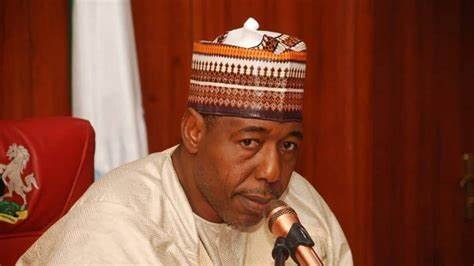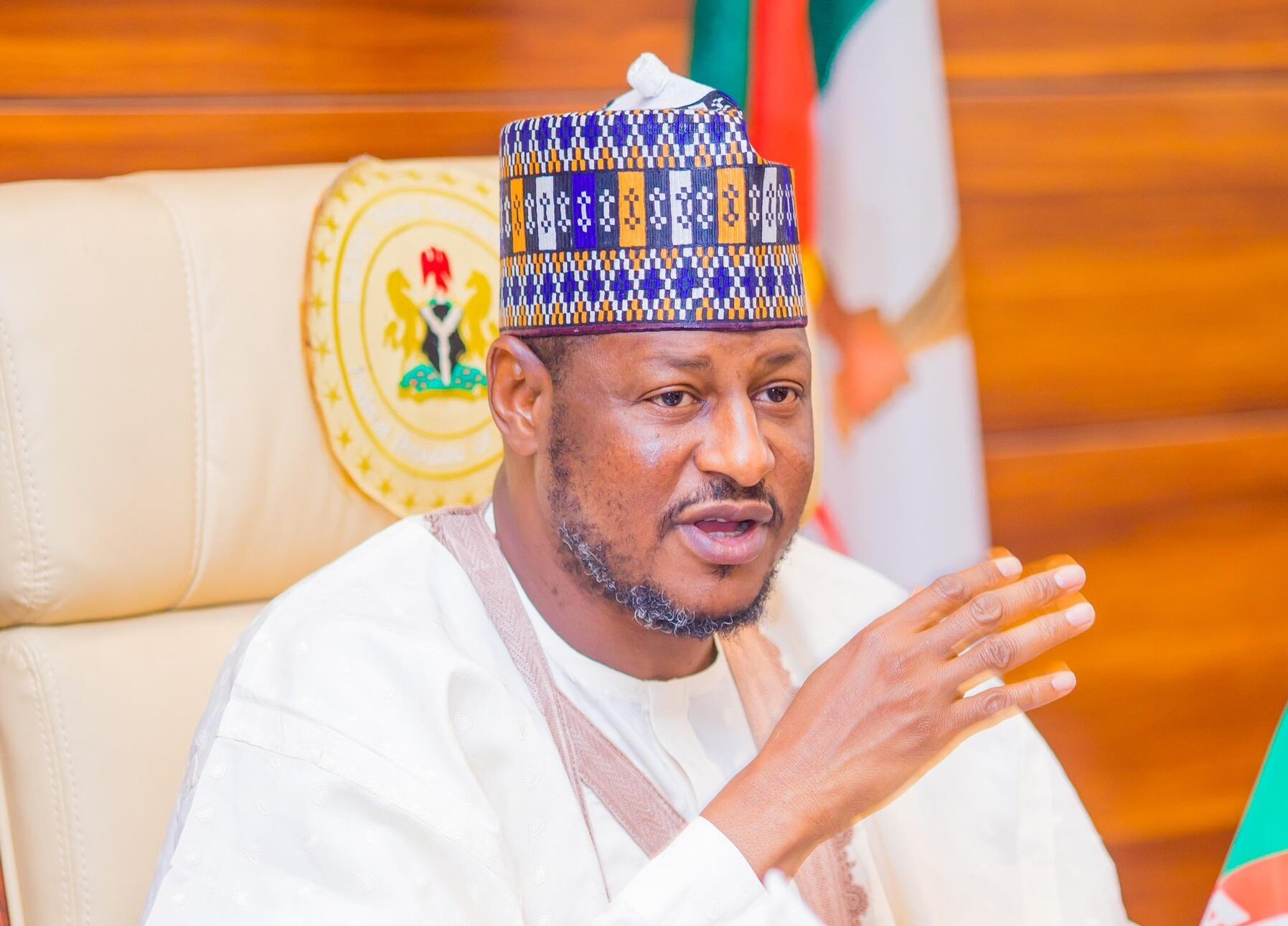The Federal Government has disbursed N1.3 billion through the Presidential Conditional Grant Scheme (PCGS) to support small business owners in Borno State.
The scheme, implemented in collaboration with the Borno State Government and the Bank of Industry (BoI), aims to empower nano-businesses across the state, stimulating economic growth and creating vital opportunities for local entrepreneurs.
Governor Babagana Zulum, represented by the Permanent Secretary for Establishment and Service Matters, Abubakar Muhammed, announced the disbursement during the Federal Government’s town hall meeting on loans and grants in Maiduguri on Friday, as reported by the News Agency of Nigeria (NAN).
“The Federal Government has disbursed N1.3 billion to support the growth of small enterprises in Borno.
“The amount was disbursed under the Presidential Conditional Grant Scheme (PCGS), to bolster nano-businesses in 27 local government areas of the state,” the NAN report read in part.
The grant is part of the Federal Government’s ongoing efforts to rebuild and stabilize Borno in the aftermath of the insurgency. It specifically targets small-scale traders, artisans, ICT operators, eatery owners, and transporters across 27 local government areas of the state.
According to the NAN report, each eligible beneficiary has been awarded N50,000 to help enhance their business operations and improve their capacity to thrive amid a challenging economic climate.
More Insights
Mr. Muktar Musa, the Bank of Industry (BoI) Manager in Maiduguri, disclosed that the Federal Government has disbursed over N40 billion out of the approved N50 billion to support nano-businesses across all 774 local government areas nationwide.
He further explained that the Presidential Conditional Grant Scheme (PCGS), launched as part of the post-subsidy recovery efforts, is aimed at reaching one million beneficiaries.
- Musa provided an update on the scheme’s progress, noting that N10 billion had been allocated to the North-West, N6.6 billion to the North-Central, N5.9 billion to the North-East, and N4.8 billion to the South-East, benefiting a total of 96,000 individuals across 95 local government areas.
- He also highlighted that the initiative has extended support to 117,000 beneficiaries in 123 local government areas in the South-South, and 146,000 recipients across 137 local government areas in the South-West.
- Notably, women and youth account for 70% of the beneficiaries, while 10% are persons with disabilities, 5% are senior citizens, and 15% belong to other demographic groups.
To date, the program has empowered 810,945 Nigerians, reinforcing the Federal Government’s commitment to supporting local economies and vulnerable populations.
Musa emphasized that beneficiaries were selected based on criteria including possession of a Bank Verification Number (BVN), National Identification Number (NIN), and evidence of a registered business premise.








